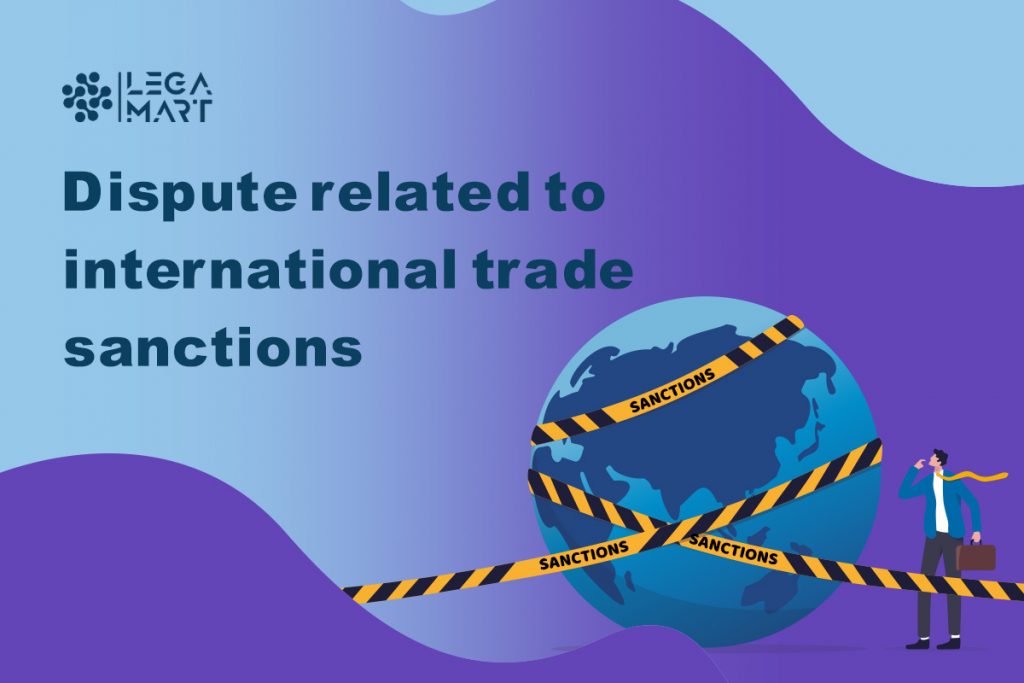In 2018, the US Department of Justice (DOJ) indicted Chinese tech company Huawei and its CFO, Meng Wanzhou, for violating US trade sanctions against Iran. The DOJ alleged that Huawei had conducted business with Iranian companies and misled US banks about its activities, resulting in a dispute related to International Trade Sanctions.
Meng was arrested in Canada at the request of the US government, and the case has become a major legal and diplomatic issue between China, Canada, and the US. Huawei has denied the allegations and has argued that the US sanctions are politically motivated and violate international law.
The Huawei case highlights the complex legal issues that can arise in disputes related to international trade sanctions. Businesses must carefully navigate the web of regulations and laws governing trade sanctions and ensure compliance with all relevant rules and regulations. Failure to do so can result in significant legal and financial consequences, including fines, criminal charges, and reputational damage.
Introduction
The case of Chinese tech company Huawei and its CFO, Meng Wanzhou, highlights the legal complexities and potential consequences of violating US trade sanctions against Iran. The US Department of Justice (DOJ) indicted Huawei and Meng for conducting business with Iranian companies and misleading US banks, leading to a dispute related to International Trade Sanctions.
The case has resulted in a diplomatic issue between China, Canada, and the US, with Huawei denying the allegations and arguing that the sanctions are politically motivated and violate international law. This case underscores the importance of understanding and complying with international trade sanctions regulations to avoid legal and financial consequences.
Extradition process of Meng Wanzhou and the ongoing legal proceedings in the case
The extradition process of Meng Wanzhou, the CFO of Chinese tech company Huawei, has been a highly contentious and complex legal battle. Meng was arrested in Canada at the request of the US government, which had indicted her and Huawei for violating US trade sanctions against Iran. Meng’s arrest sparked a diplomatic feud between China, Canada, and the US, with China accusing Canada of violating Meng’s rights and demanding her release.
The extradition process began, when the Canadian government officially received a formal request from the US to extradite Meng to face charges of bank fraud and conspiracy. Meng’s legal team immediately challenged the extradition request, arguing that her arrest was unlawful and that the charges against her were politically motivated.
The ongoing legal battle has been complicated by political and diplomatic tensions between China, Canada, and the US. China has accused Canada of violating Meng’s rights and has demanded her release, while the US has accused Huawei of stealing trade secrets and posing a national security threat. The case has also highlighted broader issues related to the role of tech companies in international trade and dispute related to International Trade Sanctions as a political tool.
The outcome of the extradition case remains uncertain, and it is unclear how the ongoing legal and diplomatic tensions will be resolved. However, the case underscores the complex and often contentious nature of international legal proceedings, particularly in cases involving high-profile individuals and companies.
Impact of the case on the diplomatic relations between China, Canada, and the US
The extradition case of Meng Wanzhou significantly strained the diplomatic relations between China, Canada, and the US. The case has become a flashpoint in the ongoing tensions between the US and China, and it has resulted in retaliatory measures from both sides.
China has vehemently opposed the extradition and has accused the US and Canada of violating Meng’s human rights. China has also arrested and detained Canadian citizens in what many view as a retaliatory measure for Meng’s detention. The Chinese government has also imposed economic sanctions on Canada, targeting Canadian exports, and limiting the economic relations between the two countries.
The US, on the other hand, has supported the extradition and has accused Huawei of violating US trade sanctions against Iran. The US government has also targeted Huawei through a series of measures, including banning the company from accessing US technology and products.
The case has put Canada in a difficult position as it tries to balance its relations with both China and the US. Canada has expressed concerns about the arrest and detention of its citizens in China and has called for their immediate release. However, it has also emphasized the importance of upholding the rule of law and respecting the extradition process.




